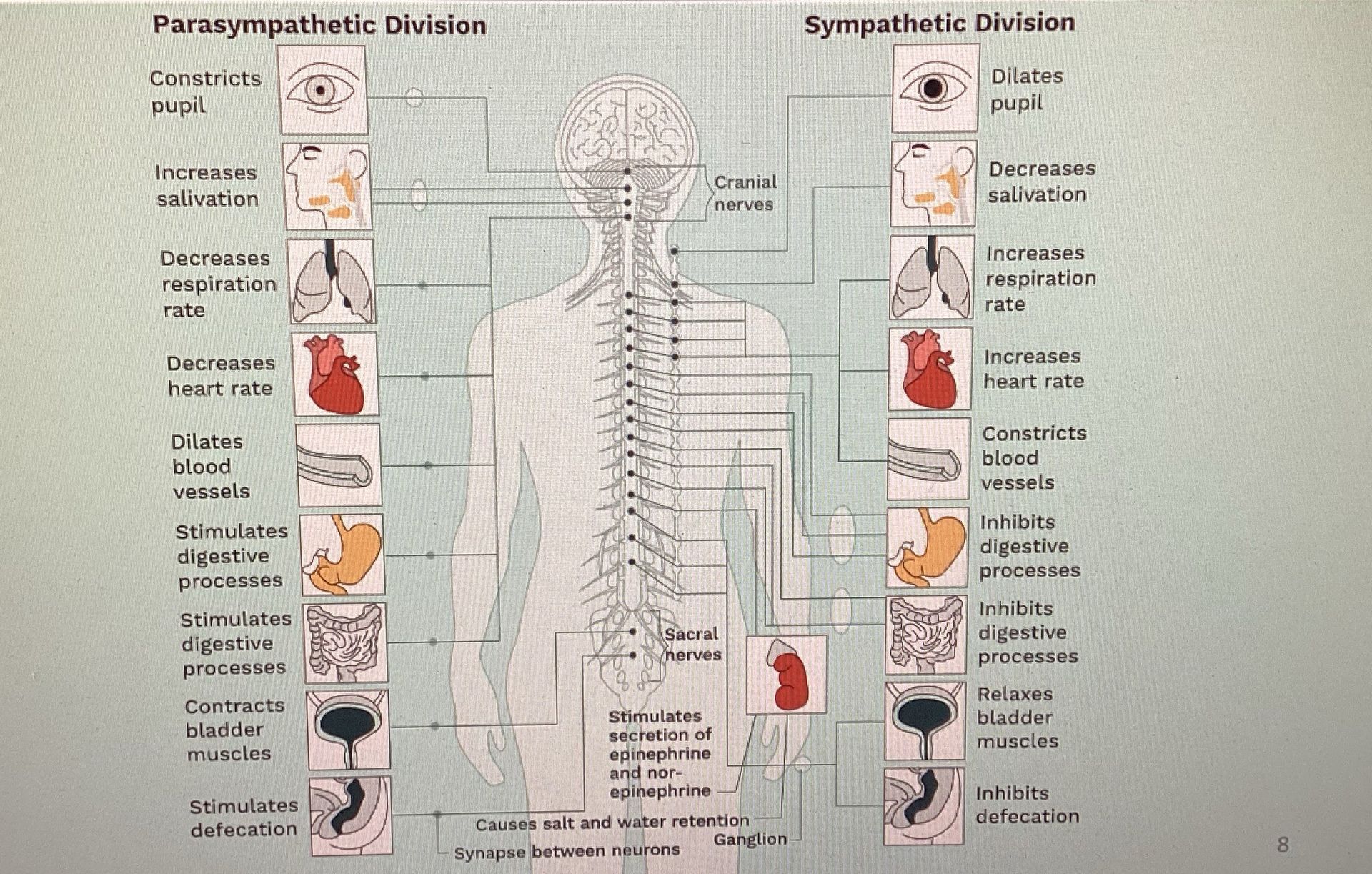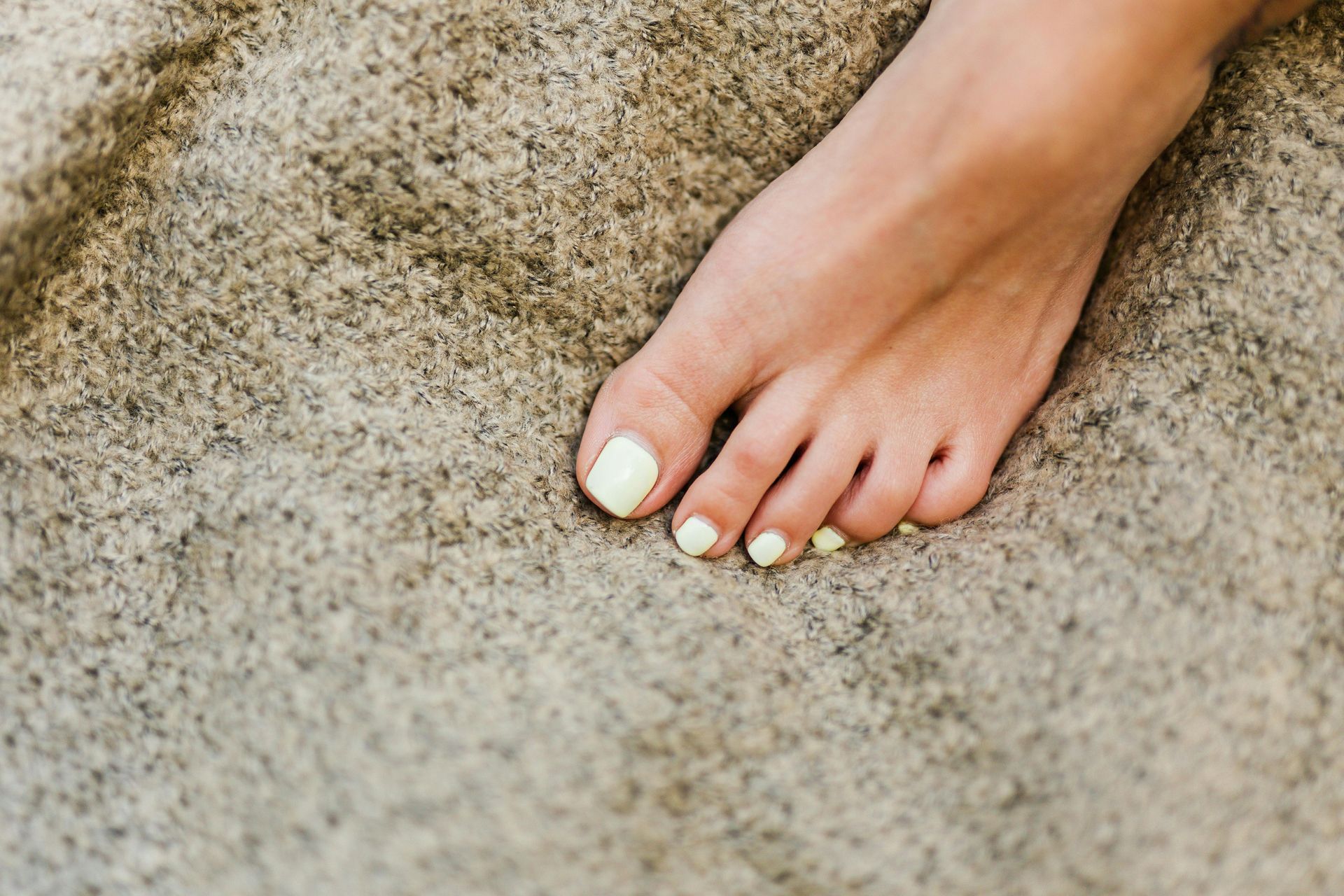Why your brain is stressing you out (and how to calm it down)
It's not "all in your mind"...though it kind of is..
Continuing with this month's theme of Stress Awareness Month, let’s talk about what stress really is.
Because, unless you’re secretly living in the wild and hunting your dinner, chances are you’re not being physically threatened every day (at least I hope you're not).
Unfortunately, your body doesn’t always know that and still reacts like it is being physically threatened.
Because modern life might not bring hungry tigers…
…but it does bring endless demands for our attention; a constant sense of existential dread (or is that just me?); being pulled in a million different directions and; a thousand tasks banging around like a monkey with a miniature cymbal. That right there?
That’s what the sympathetic nervous system (aka your fight-or-flight mode) lives for.
Even when you’re just standing in the kitchen on a sunny weekend morning.

💥 Ping! Heart and breathing rates rise
💥 Ping! Shoulder, jaw and neck muscles tighten
💥 Ping! No one had better be in the vicinity right now, or they're gonna get it!
But stress isn't always just about what’s happening. It’s how we react to what’s happening.
What can you do when your head’s full, your eye's twitching and you feel like a shaken-up can of Coke?
Here are a few things that can help:
🧠 Notice the thought, name the feeling
“This is overwhelm.”
“This is guilt.”
“This is me trying to do everything for everyone.”
Sometimes naming it takes it down a notch.
🧘♀️ Notice where it lands in your body.
Tight chest? Squirly tummy? Locked jaw?
Just tuning in and noticing your body can bring you back to the present.
🪄 Try asking: is this urgent, or is it just loud?
Not everything that screams for your attention needs it right now.
🤔Ask yourself if it's within your sphere of influence to control it
I have to keep reminding myself of the things I can control (what I do, say or feel) and things I can't (what anyone else does, says or feels).
If I can't control it, worrying about it isn't going to change it. All I can do is what I can do.
📝 Do a brain dump.
Grab a piece of paper, list everything swirling in your head—appointments, shopping, worries, reminders—and get it out.
If, like me, you're a chronic list writer, maybe you add things to the list that you've already done. Then enjoy the catharsis of crossing them off.
And even better if you know in your heart you ain't NEVER gonna do the thing, cross that bad boy off and forget about it.
BTW - this works whether you do the things on the list or not because it releases the space in your brain where you've been holding all the things.
💃 Move, mindfully.
You knew I was going to say it!
But truly, when we move with attention and breath—even just a few minutes—it shifts things.
Mindfulness doesn’t have to mean meditating on a cushion. It can mean doing a few Pilates moves and really paying attention to how your body feels against the mat today.
TL;DR Stress is complicated.
You’re not doing it wrong. Your brain's just trying to keep you safe. But with a bit of awareness, you can dial it down.
And if you’d like some support from movement that helps you breathe, feel, and release, join the Priority Pilates Waitlist
here and be first to hear when spaces open up in our classes.










